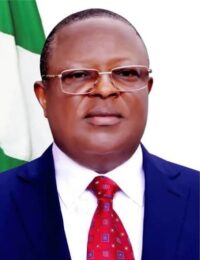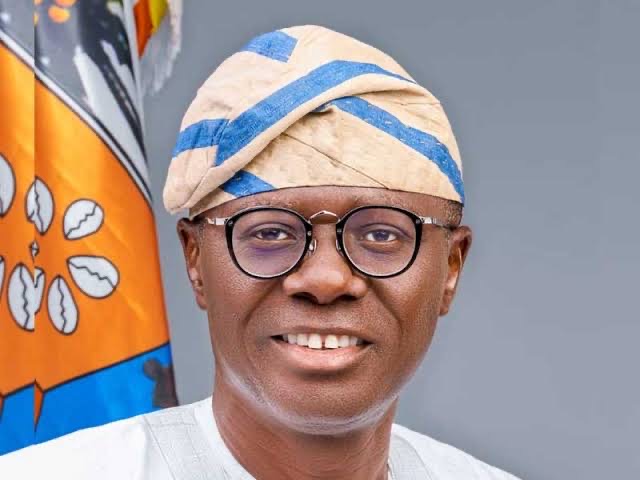BY OUR REPORTERS—As part of measures to ensure the country reaps the benefits of digital transformation, the Federal Government, through the Ministry of of Communications and Digital Economy on Tuesday announced plans to invest N12 billion in digital economy research projects.
The Minister of Communications and Digital Economy, Bosun Tijani, made this disclosure at the opening ceremony of the 18th edition of the International Conference on Theory and Practices of Electronic Governance in Abuja, on Tuesday, themed ‘Shaping the Future of Digital Governance Through Cooperation, Innovation and Inclusion’ and it was organised by the National Information Technology Development Agency
In his address at the conference, Tijani said platforms such as ICEGOV provide nations with the opportunity to explore the potential of emerging technologies while aligning them with effective policies that address societal needs
According to the minister, Nigeria’s participation in the 2024 edition of ICEGOV underscored the importance of deepening research in the digital economy, adding that the country’s impressive performance earned it the confidence of international partners to host the 2025 conference.
“The Nigerian government is not just doing this as a show because immediately after ICEGOV last year, we funded over 55 research projects.
“At the minute, we are putting together about N12 billion to fund further research projects that are focused on the digital economy.
“We are setting up three research clusters of six universities, each one focused on artificial intelligence, and another focused on the biggest issue in our nation today, which is connectivity, where we are investing significantly.
“Thirdly, because of our population, we are also funding another research cluster that is focused on digital skills and literacy,” Tijani said.
Tijani, who said digital technologies have become central to human existence, added that any society that fails to embrace them risks being left behind in development.
The minister emphasised that these technologies should not be viewed merely as economic enablers but as powerful instruments for reshaping and governing modern societies.











